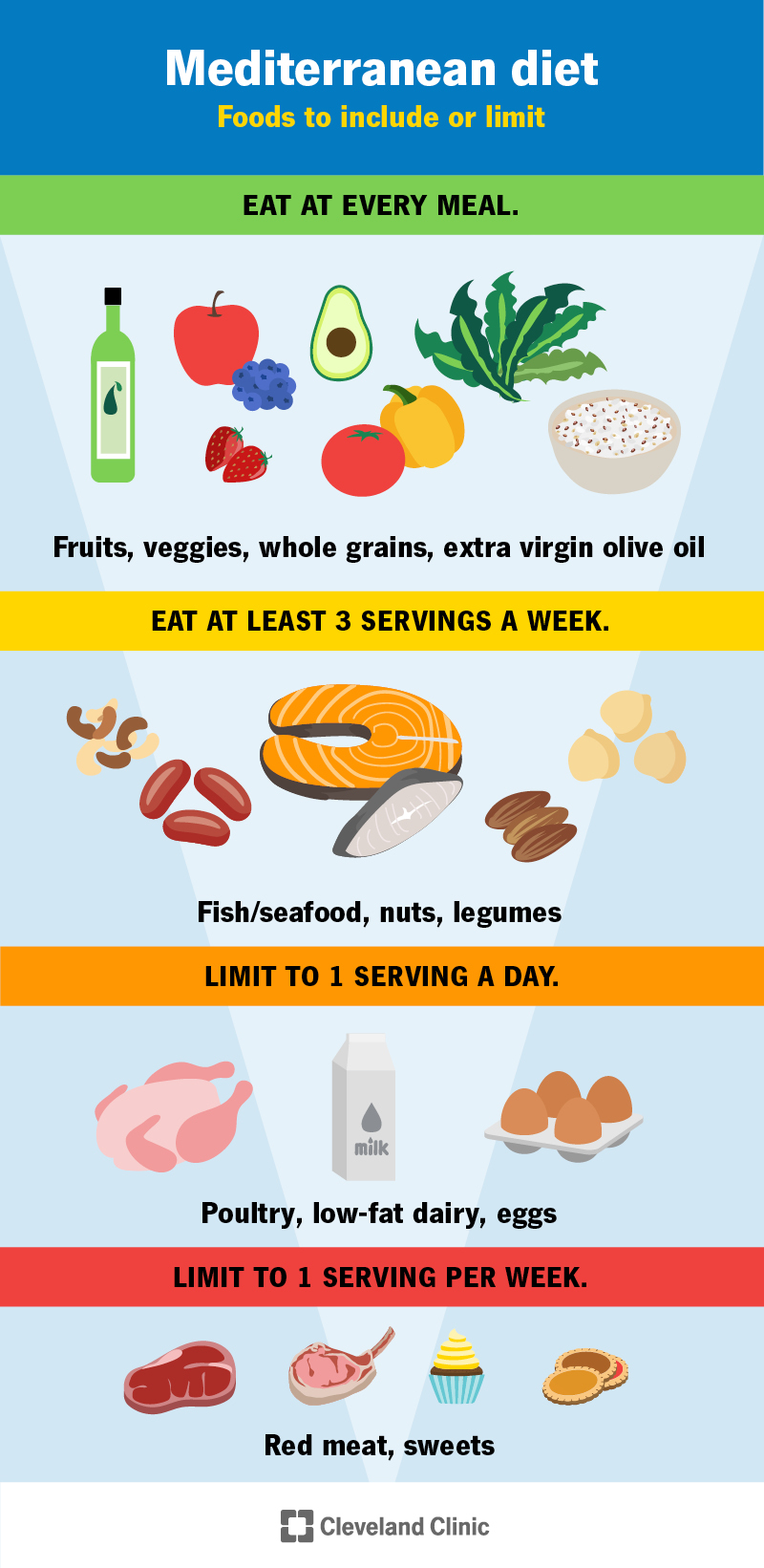To get started with weight loss, exclude fad diets and quick fixes. Focus on sustainable lifestyle changes.
Achieving weight loss goals involves a balanced approach that includes proper nutrition, regular exercise, and adequate rest. The journey towards a healthier weight requires dedication, consistency, and patience. By setting realistic goals and making gradual changes, you can embark on a successful weight loss journey.
Remember that sustainable weight loss is a marathon, not a sprint. It’s about creating long-lasting habits that support your overall well-being. Embrace the process and celebrate your progress along the way.

The First Step: Setting Realistic Goals
Weight loss can be a daunting task, but setting realistic goals can help make the journey more manageable. Identifying your “why” can also help keep you motivated. Ask yourself why you want to lose weight and what benefits it will bring to your life. Creating achievable milestones along the way can also help you measure progress and stay motivated. For example, setting a goal to lose 1-2 pounds per week or incorporating daily exercise into your routine can help you stay on track.
| Identifying Your Why | Creating Achievable Milestones |
|---|---|
| Ask yourself why you want to lose weight | Set a goal to lose 1-2 pounds per week |
| Think about the benefits weight loss will bring to your life | Incorporate daily exercise into your routine |
Rethinking Your Diet
When starting your weight loss journey, it’s essential to rethink your diet. Focus on cutting down on sugars and starches, as they can contribute to weight gain. Instead, prioritize consuming foods high in protein and fiber. Protein helps you feel full and satisfied, while fiber aids in digestion and promotes a healthy metabolism. By making these dietary adjustments, you can kick-start your weight loss efforts and set the stage for long-term success.
Beverages To Avoid
When it comes to beverages to avoid for weight loss, sugary drinks should be at the top of your list. These drinks are packed with empty calories and can quickly derail your weight loss efforts. Additionally, it’s important to limit your alcohol consumption as it can also contribute to weight gain. Instead, opt for water, herbal teas, and black coffee as healthier alternatives that can support your weight loss journey. By making these simple swaps, you can reduce your calorie intake and make progress towards your weight loss goals.

Understanding Fats: The Good And The Bad
Understanding fats is essential when it comes to weight loss. Differentiating between healthy fats and trans fats is crucial for making better choices. Healthy fats, such as monounsaturated and polyunsaturated fats found in avocados, nuts, and seeds, are beneficial for our health. They can help improve heart health and provide essential nutrients.
On the other hand, trans fats, commonly found in processed foods, can increase the risk of heart disease and contribute to weight gain. When reading labels, it is important to look for foods that are low in trans fats and high in healthy fats. Avoiding foods that contain hydrogenated oils or partially hydrogenated oils is key to reducing trans fat intake.
By understanding the difference between healthy fats and trans fats and reading labels carefully, you can make informed choices that support your weight loss journey and overall well-being.
The Role Of Physical Activity
When it comes to physical activity, it’s important to find exercises you enjoy. Whether it’s dancing, hiking, or swimming, incorporating movement into daily life is crucial for weight loss. By making physical activity a fun and integral part of your routine, you can stay motivated and committed to your fitness goals. It’s also essential to remember that small changes, such as taking the stairs instead of the elevator or going for a walk during lunch, can add up over time and contribute to your overall well-being.
Mindful Eating Practices
Mindful eating means paying attention to the food you eat. The practice of slow eating encourages savoring each bite. Recognizing hunger and fullness cues helps avoid overeating.
Sleep And Weight Loss
Getting adequate sleep is crucial for weight loss. Lack of sleep can disrupt metabolism, leading to weight gain.
Creating a bedtime routine and limiting screen time before bed can improve sleep quality and aid in weight management.
Sustaining Motivation Over Time
Remember, sustaining motivation is key for long-term success. Don’t just rely on the scale. Track progress through photos, measurements, and how you feel. Building a support system can keep you accountable and motivated.

Frequently Asked Questions
Faq 1: How Can I Start My Weight Loss Journey Effectively?
To start your weight loss journey effectively, focus on creating a balanced diet plan, incorporating regular exercise, and setting achievable goals. It’s important to stay consistent, stay motivated, and track your progress to ensure success in your weight loss journey.
Faq 2: What Are Some Common Mistakes To Avoid When Trying To Lose Weight?
When trying to lose weight, it’s important to avoid common mistakes such as crash dieting, skipping meals, and relying solely on weight loss supplements. Instead, focus on sustainable lifestyle changes, proper nutrition, and regular physical activity to achieve long-term weight loss success.
Faq 3: Is It Necessary To Follow A Specific Diet Plan For Weight Loss?
While there is no one-size-fits-all approach, following a specific diet plan can be beneficial for weight loss. Popular options include the Mediterranean diet, low-carb diets, and intermittent fasting. However, it’s important to choose a plan that suits your preferences and lifestyle, and consult with a healthcare professional or registered dietitian for personalized guidance.
Faq 4: Can I Lose Weight Without Exercising?
While regular exercise is highly recommended for overall health and weight loss, it is possible to lose weight without exercising solely by focusing on creating a calorie deficit through diet modifications. However, incorporating physical activity into your routine not only aids in weight loss but also improves cardiovascular health, boosts metabolism, and enhances overall well-being.
Conclusion
Weight loss is a journey that requires patience, consistency, and discipline. However, it’s important to remember that getting started doesn’t involve quick fixes or extreme measures. Instead, it involves creating sustainable habits that will lead to long-term success. By avoiding the common misconceptions and focusing on a balanced approach, you can achieve your weight loss goals and improve your overall health.
Remember to consult with a healthcare professional before starting any weight loss program.

